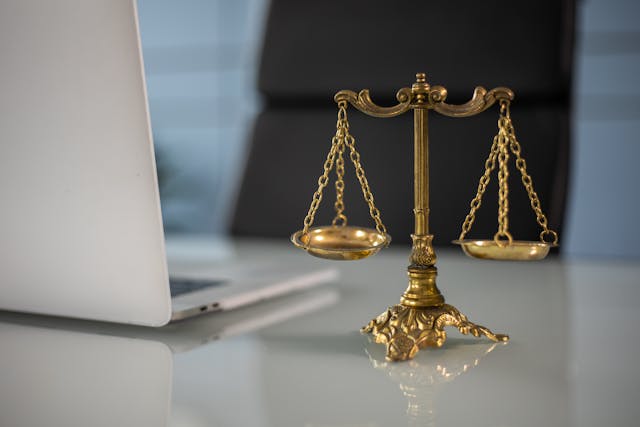A customer lawsuit for damages is one of the most stressful events a business owner can face, turning an ordinary day into a scramble for answers and defense. Whether the claim stems from an injury, product defect, breach of contract, or alleged negligence, even a single lawsuit can threaten finances, reputation, and operations. Many small businesses discover too late that a single dissatisfied customer, armed with legal representation—can launch a complex legal process with lasting consequences. Understanding what happens after a claim is filed, and knowing the right steps to take helps businesses protect themselves, resolve disputes efficiently, and avoid making costly mistakes. With the right preparation and professional advice, companies can minimise the risks and chart a path forward.
How Does the Lawsuit Process Begin?
The process begins when the customer tells the court about the problem they have and claims what they have lost. Those who run businesses can be ordered to respond to legal documents and the required response is almost always due in less than a month. A person who gets hurt on a wet floor at a business could sue for personal injury, saying that the business did not prevent the hazard. Alternatively, a consumer might say the product developed problems, leading to damaged goods or an injury and they want to get a refund or compensation.
Receiving a lawsuit is not an admission of guilt, but failing to respond quickly can result in a default judgment against the business. Consulting experienced Attorneys ensures that all deadlines are met, the case is handled strategically, and early mistakes are avoided.
What Legal Defenses and Strategies Are Available?
Security and defense measures used by businesses in customer lawsuits vary widely based on what happened. The company may deny the claim, argue over the amount of damages or evidence that the customer knew about the risks. A service provider could make the point that the contract stated liability was limited or that the customer was somehow careless in the incident. Sometimes, proof of having followed safety laws, warranties or industrial norms can help reduce the plaintiff’s chances of winning.
Courts look at all documentation, contracts, and communication between the business and customer to decide the outcome. Reviewing recent Legal news stories reveals that prompt legal counsel and thorough preparation are the best defenses against large or unexpected damages.
Which Mistakes Make Lawsuits Harder to Defend?
Taking steps to address customer lawsuits is harder for businesses if they commit preventable mistakes early on. Mistakes in the company can cause some cases to fail, higher costs for the client or penalties for the organization. Three sentences discuss why a detailed approach increases chances for success. The errors that are seen the most and cause the largest expenses are covered below.
See the frequent lawsuit defense mistakes businesses make below.
- Ignoring Legal Notices: Failing to acknowledge or respond to lawsuit paperwork by the court’s deadline results in default judgments and immediate loss of the case.
- Discussing the Case Publicly: Making public statements, posting online, or arguing with the customer in public forums can be used as evidence and weaken the legal position.
- Destroying or Altering Records: Deleting emails, invoices, surveillance footage, or other documents after a lawsuit is filed may be seen as evidence tampering and lead to court sanctions.
- Negotiating Without Counsel: Attempting to settle directly with the customer, without legal advice, can result in unfavorable agreements or admissions of liability.
- Relying on Insurance Alone: Assuming that a liability insurance policy will cover all damages can backfire if the claim falls outside the policy’s coverage or if notification procedures aren’t followed correctly.
How Do Legal Professionals Help With Customer Lawsuits?
Lawyers give advice and represent clients starting from the complaint stage all the way through trial negotiations or settlement meetings. Those working in the legal field examine the agreement, obtain used pieces of evidence, engage with witnesses and prepare a good defense for the company. They discuss with clients the differences between settling and going to trial and guide them on coverage options, as well as handle communication with the other legal team.
Many times, attorneys help resolve problems without going to court which saves people valuable time, money and their reputation. Because of their familiarity with civil procedures, negotiating strategies and local rules, business can take steps to limit their losses and restart operations.
What Steps Limit Damage and Protect Your Business?
Proactive risk management and careful planning are key to minimizing the fallout of customer lawsuits. Businesses should maintain accurate records, review contracts regularly, and invest in liability insurance suited to their operations. The process begins when the customer tells the court about the problem they have and claims what they have lost. Those who run businesses can be ordered to respond to legal documents and the required response is almost always due in less than a month. A person who gets hurt on a wet floor at a business could sue for personal injury, saying that the business did not prevent the hazard. Alternatively, a consumer might say the product developed problems, leading to damaged goods or an injury and they want to get a refund or compensation.







